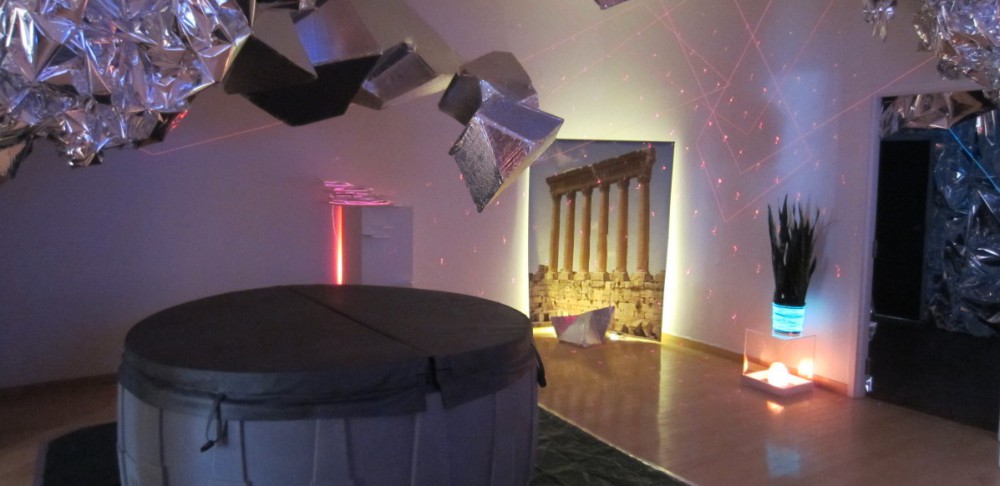Well, I’m going to be completely honest. I have never heard of “The Machine Stops” or Metropolis before that our first class in Science Fiction. Now that I’ve watched the restored film and read the short story by E.M. Forster, I have to admit, both were equally well thought out and were most enjoyable for something made in the ‘20s. The two show that even more than half a century ago, before the advancement we have now, humanity had incredible thoughts about the future of civilization.
Putting aside the advancement of humanity, both plots in “The Machine Stops” and Metropolis, have one aspect that is completely similar. The human race is segregated, but in different ways.
Here’s one way:
In Metropolis, those who are considered higher class, live in complete tranquility above the surface of the Earth in the mega-city of Metropolis while those who are considered lower class, live in a sub-city beneath the surface operating a giant machine that regulates the power supply of the city above ground. During the film, all I could ever think about was one word: Control. Joh Fredersen, the city’s Master, did not care for the living state of his workers, he only wanted to gain more control over them so he can keep them in line. Doing so, he risked the life of another (Maria) to do so. Since Maria is the one person that keeps the workers in check after each shift change, Fredersen finds out about this. So, he asked the city’s Inventor, Rotwang, to use his latest creation, and to copy and upload Maria’s consciousness, but rewrite it to do what he wants. Unfortunately, what he received was some crazy hybrid of the original Maria (which was something I was glad to see; Fredersen was a jerk). In the end, a revolution was forged that changed everything for the best.
It has always been my belief that you cannot control another person. It’s impossible. Sure, you can convince another person to do something, but convincing and controlling are two different things.
Oh, and here’s another way:
In “The Machine Stops”, everyone is equal, however humans are slaves to their own creation; in this case, the Machine. As individuals, everyone is separated from one another, each in their own room, or ‘cell’ as it is described in the short story. They live below the surface of the Earth because the air above-ground is too ‘toxic’ to breathe. My interpretation is that the human race have lived below for quite a while and has somewhat evolved underground or even became more accustomed to the artificial O2 that the Machine creates for each cell. Though, it is still ‘legal’ to physically interact with others, civilization has grown lazy, and individuals prefer to stay within the confines of their own cell. If even one attempt is made to reach and touch the surface of the Earth without being permitted, you can be sentenced to death.
Hmm, about the music…:
Moving back to Metropolis, there’s one thing that I did not understand. It was the score of the film. Why was ’80s pop added into a silent film? I can understand sound effects and color being added into the mix, but I would have been more comfortable and into it if there was more of a classical music vibe. To me, some of the scenes just didn’t feel right with electric guitars and drums in the background and so I found myself with the controller in hand lowering the volume at some points because they were getting in the way of what I was trying to comprehend.




